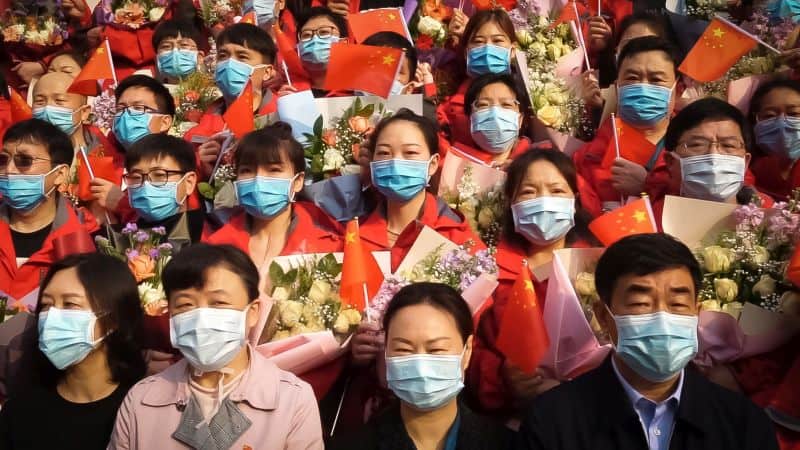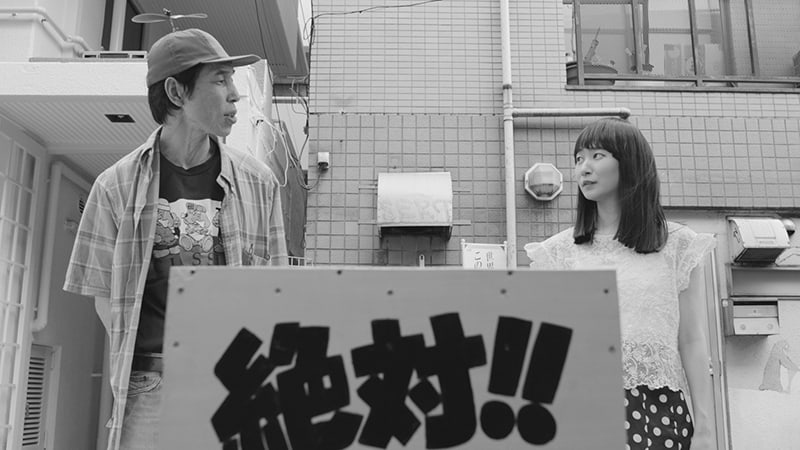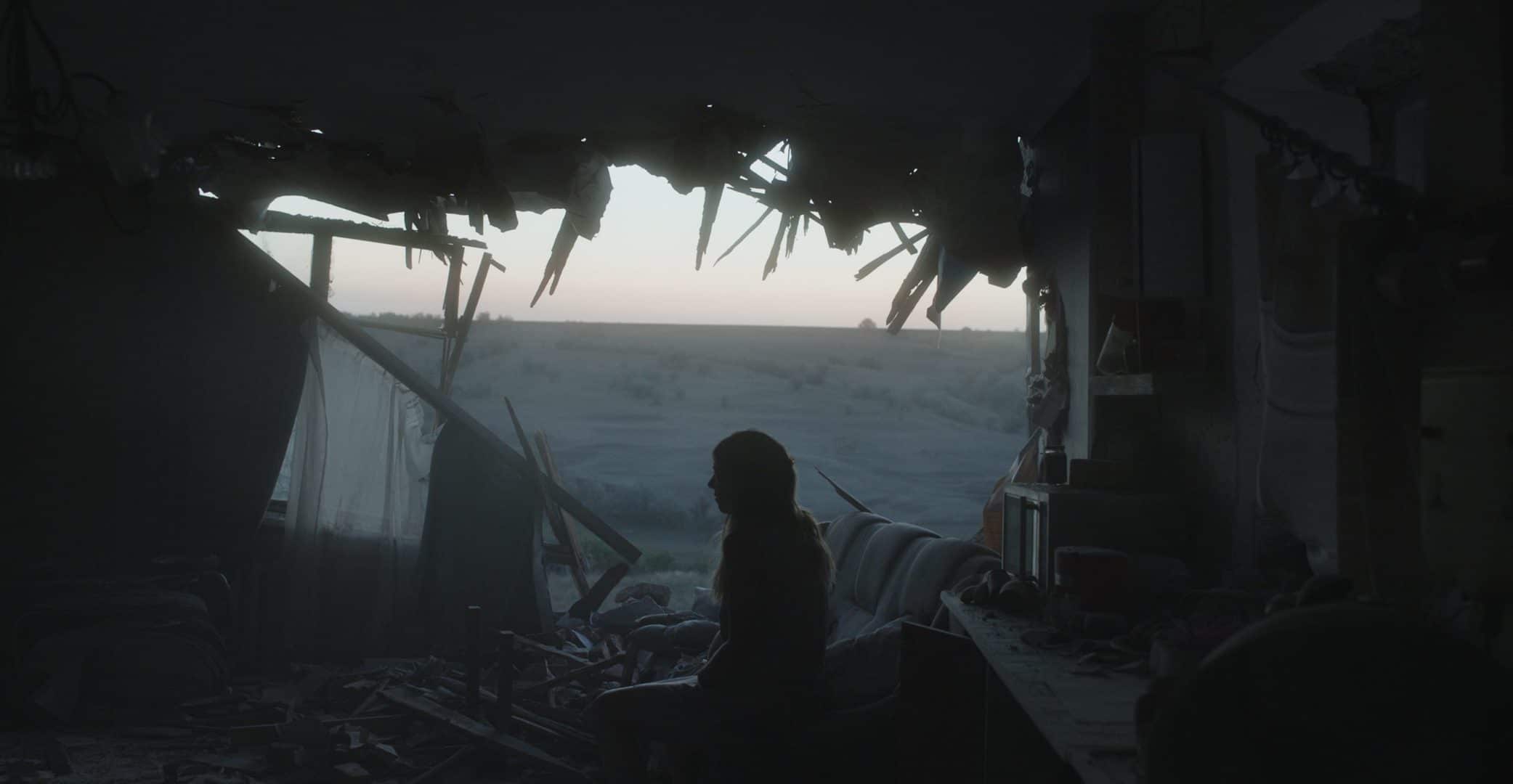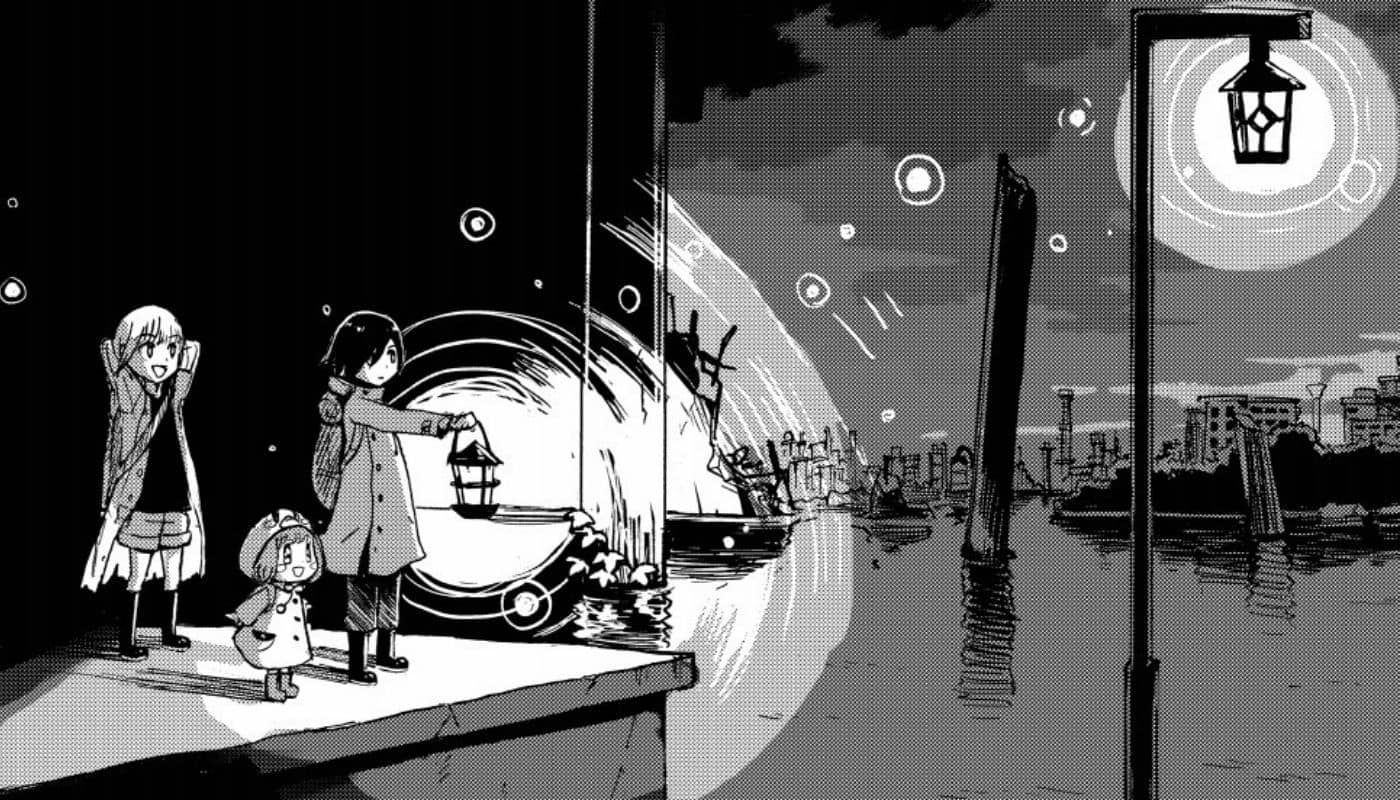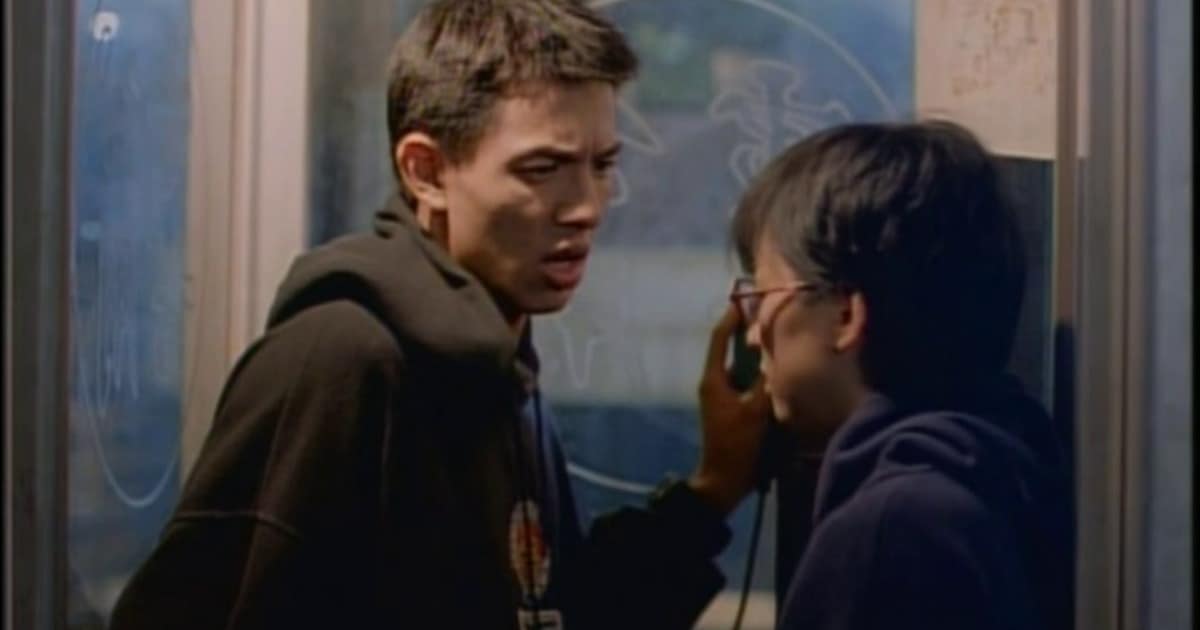After the excellent “One Child Nation” that dealt with the particular Chinese policy, Nanfu Wang decided to tackle the most timely issue of our days, the virus outbreak in Wuhan, in a documentary that takes a much more personal approach this time, since she experienced the events quite closely. While she was at Sundance as a member of the World Cinema Documentary jury, her 2-year-old son stayed with her mother in China to prepare for the New Year celebrations. As the threat of Covid-19 grew more urgent by the day, her husband traveled to the Wang family's remote village to safely retrieve their child. Soon, she would scuttle her plans to convene with them in Asia after wrapping things up in Park City, and start doing everything she could to coordinate the emergency return of her loved ones from a viral hotspot.(source: theguardian.com).
“In the Same Breath” is screening at the Thessaloniki Documentary Film Festival
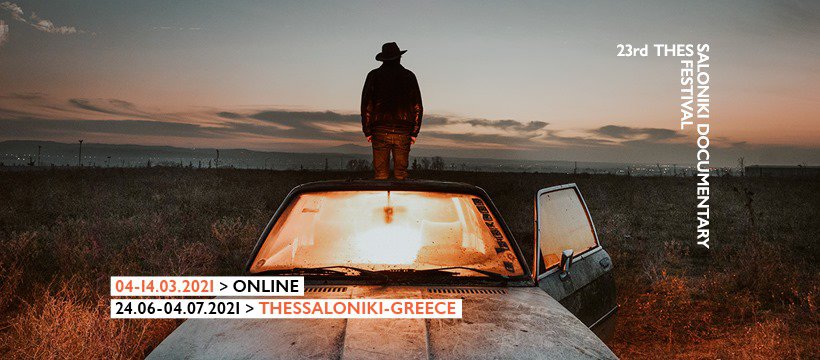
At the same time, she started looking for information, and the majority of info she came about proved false, she started contacting cinematographers in Wuhan, eventually realizing that the material was worthy of a feature film, particularly after realizing that the blunders regarding the handling of the pandemic were also repeated in the US. HBO Documentary Films came on board to produce and distribute the film, which premiered at Sundance.
After a visually impressive intro, filled with the colors and lights of New Year's eve on Wuhan in 2019, the documentary proceeds on unweaving the web of lies, propaganda, misinformation, and ignorance that dominated the response of the Chinese government towards the virus. Combining footage of what the news agencies said, what the officials said, and what was happening inside the hospitals through her collaborators who were actually shooting 24/7 inside these buildings, Wang highlights in the best fashion, the antithesis between reality and official information. As the movie continues, the effect of the propaganda becomes more and more apparent, particularly since it is revealed that the voices of experts regarding the new virus were actually heard pretty soon, but the government chose to silence them, not to disrupt a significant Party convention.

As the film turns to people who got sick and could not find beds in hospitals and the troubles medics had to face not knowing where to bring the patients, the film's approach becomes rather more dramatic, with the people talking about their experiences before, during and after the lockdown, painting an even worse picture. The aftermath, with the mass graves and the fact that the government even managed to use the lockdown for propagandistic purposes emerges as rather shocking.
Wang then switches her focus to the way Trump's government handled the pandemic, highlighting the fact that very similar mistakes took place there, this time, however, not due to silencing, but due to freedom of speech, with the non-believers and the conspiracy theorists, in this case, being the ones who did significant damage.
Somewhere here, however, is where the issues of the documentary begin, since the comparison may have a basis due to the consequences, but comparing the US and China seems like a rather disproportionate approach, particularly due to the political and social differences between the two countries. Furthermore, and while the individual interviews highlight the human factor, and even explain the ways the Chinese government silenced people, either with threats, or even worse by making them disappear, Wang's approach lingers toward the melodramatic, an element that becomes even more intense during the US interviews. In that regard, I felt that these interviews could be less in number and smaller in duration, something that would also decrease the duration of the documentary, which, at 95 minutes, somewhat overstays its welcome.
On the other hand, the editing by Wang and Michael Shade is excellent, with the way the many different kinds of footage are connected, giving a great rhythm to the movie, while preventing the viewer from getting tired from all the realistic, but intensely dramatic events. Some “tricks”, like the one showing different newscasters repeating the same propagandistic lies in montage also emerges as great, essentially inducing the movie with a dystopian essence.
Despite some faults here and there, and the fact that the quality of the documentary drops in the US part, the amount of material presented here and the way Wang connected them deems “In the Same Breath” a rather interesting documentary, particularly in the way it criticizes the Chinese government.


